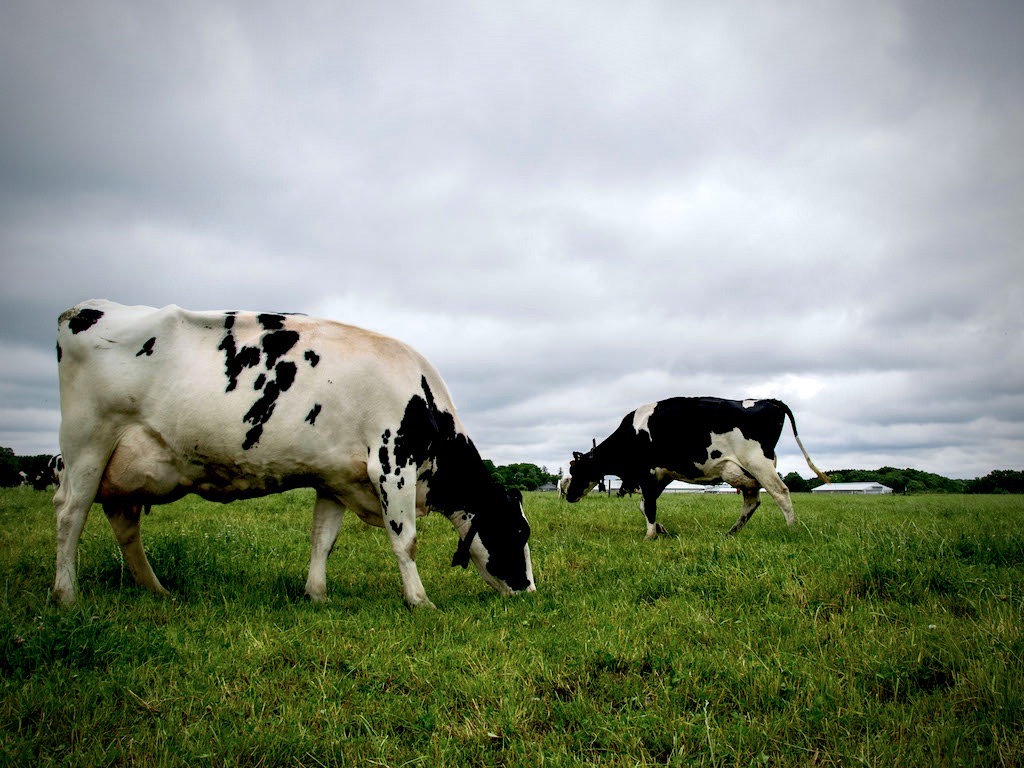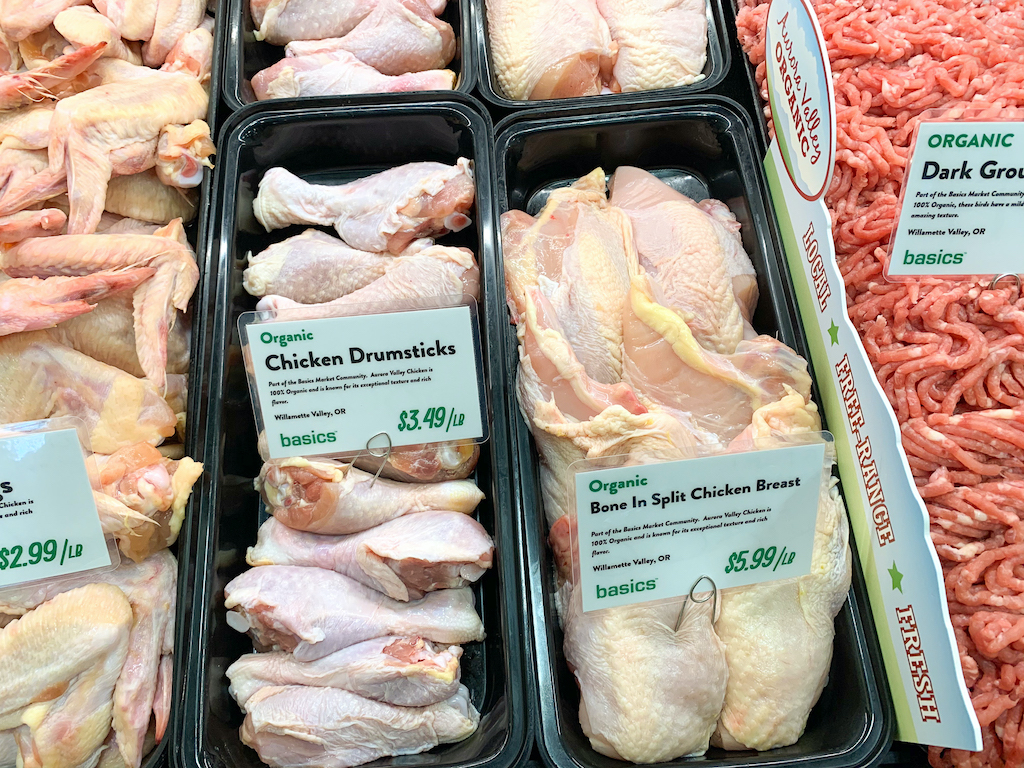4 Mins Read
A new scientific analysis has found that organically produced meat is just as climate-damaging than its conventionally farmed counterparts, contrary to the claims made by a recent viral Regenuary campaign lodged against the popular Veganuary movement. The study also reveals that the lowest impact meats still fare much worse on multiple environmental indices compared to the most carbon-intensive plant-based foods.
The study, published in the peer-reviewed journal Nature, examines the greenhouse gas emissions from different foods and calculates the real cost of products that would accurately reflect the harm it causes to the planet. Based in Germany, the researchers used government data to estimate climate damage costs, and crucially found that even organically produced meats still cause enormous damage to the climate – just like conventionally farmed animal-based foods.
Specifically, for beef and lamb – two of the most high-emissions foods – organic and conventional farming methods resulted in similar levels of climate damage. While organic pork fared slightly better on the scale compared to its non-organic counterparts, in the case of organic chicken, researchers found that it caused even more climate damage.
Read: Eating vegan costs 40% less than meat and seafood meals, study reveals

The climate costs of each food includes methane emissions in the case of animal-based products, the grain required to feed livestock, and the deforestation-fuelling rearing and feeding practices associated with animal agriculture.
“We expected organic farming to score better for animal-based products but, for greenhouse gas emissions, it actually doesn’t make much difference,” explained lead researcher Maximilian Pieper of the Technical University of Munich, in a conversation with the Guardian.
The results provide scientific evidence against the contradictory claims made by a Regenuary campaign that has recently taken off on social media, which suggests that regeneratively or organically produced meats are better for the environment. Regenuary is pitched directly against the popular Veganuary movement that encourages participants to adopt veganism for 31 days, which has since attracted one million participants who have collectively saved more than 100,000 tonnes of carbon dioxide.
We expected organic farming to score better for animal-based products but, for greenhouse gas emissions, it actually doesn’t make much difference.
Maximilian Pieper, Lead Author, Technical University of Munich
When translating their calculations into actual prices that consumers would need to pay to “cover” the damage their food has on the environment, the analysis says that conventional meat prices would have to be 40% higher. While organic meats would lead to a smaller increase of 25%, the researchers note that this is because organically grown products are typically sold for higher prices to begin with.
Read: Interview with Veganuary co-founder Matthew Glover on why 2021 is the easiest year to go vegan

On the other hand, plants grown using organic farming methods cause around half of the climate damage compared to conventionally grown crops that rely on chemical fertilisers – though the data shows that all plant-based foods, including those with the “worst” impacts, cause far fewer emissions than all animal-based foods. Overall, the study finds that the prices of plant-based foods would not change significantly when their environmental cost is factored in.
These findings were first revealed prior to being published on Nature as part of the German grocer Penny’s sustainability campaign, where one of its stores began displaying the “true” costs of food products when the hidden environmental impacts were accounted for. A similar initiative has since been launched in Sweden by retailer Felix, where its new Climate Store uses carbon as its currency to encourage shoppers to make more informed choices when it comes to the footprint of their food.
The latest analysis adds to the plethora of scientific studies that have called on the need for a plant-based shift in order to combat climate change. In November last year, a study conducted by leading global research institutions and universities warned that even if fossil fuels were to be eliminated immediately, the Paris agreement goals would still be out of reach without a drastic reduction in high-emissions meat and dairy-heavy diets.
Lead image courtesy of Basics Market.




